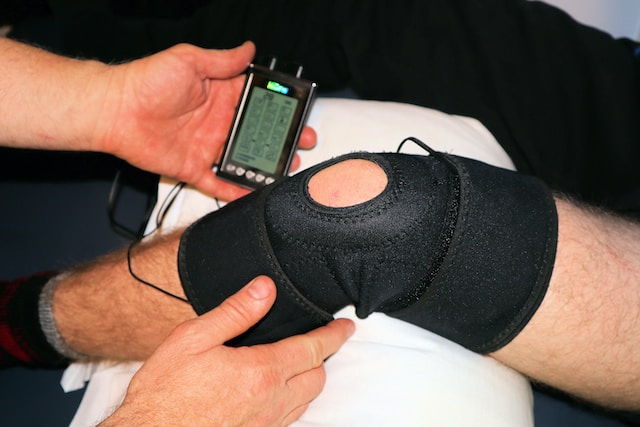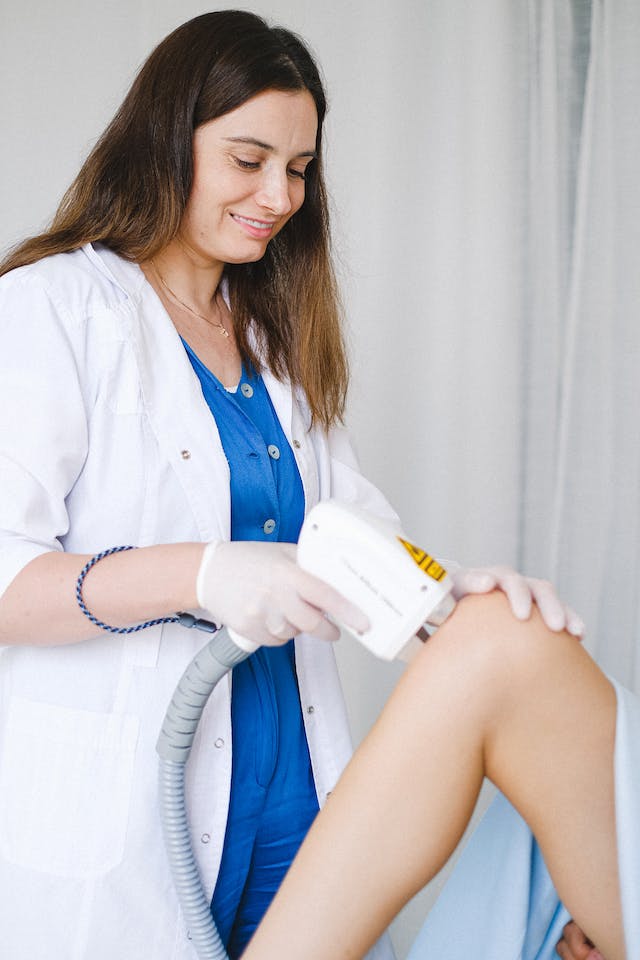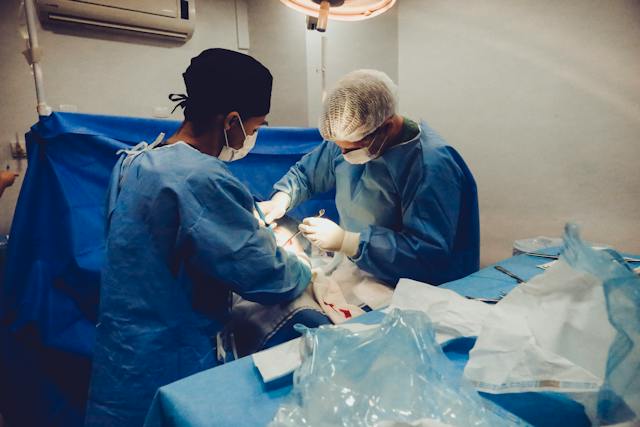Top 5 mistakes after knee replacement embarking on the journey of knee replacement surgery marks a pivotal step in regaining mobility and alleviating pain. The significance of this procedure is underscored by the promise of enhanced quality of life. Yet, a successful recovery hinges on meticulous attention to post-surgical care. In this blog, we aim to illuminate the path to a seamless rehabilitation process by addressing the top 5 mistakes to steer clear of after knee replacement surgery. Our insights will serve as a compass, guiding individuals through potential pitfalls and fostering a journey marked by success and minimal complications. From the intricacies of physical therapy adherence to the nuances of pain management, we navigate the post-operative terrain, ensuring that each reader is equipped with the knowledge to make informed decisions and embark on a hassle-free recovery.
Neglecting Physical Therapy Guidelines
Neglecting physical therapy guidelines after knee replacement surgery can impede the crucial healing process and compromise the overall success of the surgery. Physical therapy plays a pivotal role in restoring strength, flexibility, and functionality to the knee joint. The prescribed exercises are tailored to each individual’s unique needs and are designed to gradually improve mobility without causing harm.
Consistency in following the physical therapy regimen is paramount for achieving optimal results. Neglecting or skipping exercises may lead to muscle atrophy, joint stiffness, and a slower recovery. On the other hand, overexerting oneself can cause undue stress on the healing joint, resulting in potential setbacks.
Effective communication with the physical therapist is key to a successful rehabilitation journey. Regular updates on progress, challenges, and any discomfort experienced during exercises help tailor the therapy plan to the patient’s evolving needs.

Ignoring Pain Signals
Ignoring pain signals during the recovery process after knee replacement surgery can have detrimental consequences. While experiencing pain is a natural aspect of the healing journey, persistent or unusual pain should not be dismissed. This blog will highlight the significance of recognizing different types of pain and the crucial role it plays in post-surgical care.
Persistent pain could indicate complications such as infection, improper healing, or issues with prosthetic alignment. Ignoring these signals may lead to exacerbated problems, delayed recovery, and even potential long-term issues. By understanding the nuances of pain—whether it’s sharp, throbbing, or constant—individuals can better communicate their experiences to medical professionals.
Timely medical advice is imperative when faced with persistent or concerning pain. Seeking prompt attention allows healthcare providers to assess and address potential issues, ensuring a smoother recovery process.


Disregarding Medication Instructions
Disregarding medication instructions after knee replacement surgery poses significant risks to both pain management and overall recovery. Proper medication management is crucial for controlling pain and preventing complications. In this blog, we’ll shed light on the common mistakes individuals make, such as skipping doses or self-adjusting medication without consulting their healthcare providers.
Following the prescribed medication schedule is essential to maintaining optimal pain relief during the recovery process. Skipping doses can lead to increased pain, inflammation, and discomfort, hindering the rehabilitation progress. Similarly, self-adjusting medication dosage without professional guidance may result in an imbalance, potentially causing adverse effects or insufficient pain control.
Underestimating the Importance of Rest
Underestimating the importance of rest in the aftermath of knee replacement surgery can jeopardize the recovery process. While engaging in appropriate physical activity is crucial for rehabilitation, achieving a delicate balance with adequate rest is equally vital. This blog will delve into the nuanced relationship between staying active and affording the body the necessary time to rest, avoiding potential setbacks in the recovery journey.
Rest is a fundamental component of the healing process, allowing the body to repair tissues, reduce inflammation, and regain strength. Ignoring the need for sufficient rest may lead to increased fatigue, heightened pain, and prolonged recovery periods. Understanding the appropriate balance ensures that the benefits of physical activity are maximized while preventing overexertion.
Overlooking Lifestyle and Dietary Adjustments
Overlooking lifestyle and dietary adjustments can significantly impact the success of knee replacement surgery. This blog will illuminate the role that lifestyle and dietary choices play in the overall outcome of the surgery, addressing common mistakes that individuals may make during the recovery process.
Neglecting a balanced diet can hinder the body’s ability to heal and regain strength post-surgery. Adequate nutrition is crucial for tissue repair, immune function, and overall well-being. The blog will emphasize the importance of incorporating nutrient-rich foods to support the healing process.
Improper hydration can also pose challenges to recovery. Staying well-hydrated is essential for joint health, lubrication, and overall bodily functions. The blog will discuss the significance of maintaining proper hydration levels throughout the rehabilitation period.
Additionally, the impact of smoking on recovery will be explored. Smoking can impede the healing process by reducing blood flow and oxygen supply to tissues. The blog will shed light on the importance of smoking cessation to optimize the chances of a successful recovery.
By addressing these lifestyle and dietary factors,individuals can make choices that contribute to a more effective and efficient recovery journey after knee replacement surgery.
By avoiding these top 5 mistakes after knee replacement surgery, you can optimize your recovery journey and ensure long-term success. Remember, each step you take post-surgery contributes to a healthier and more active future. Stay informed, stay diligent, and pave the way for a smoother recovery process.



